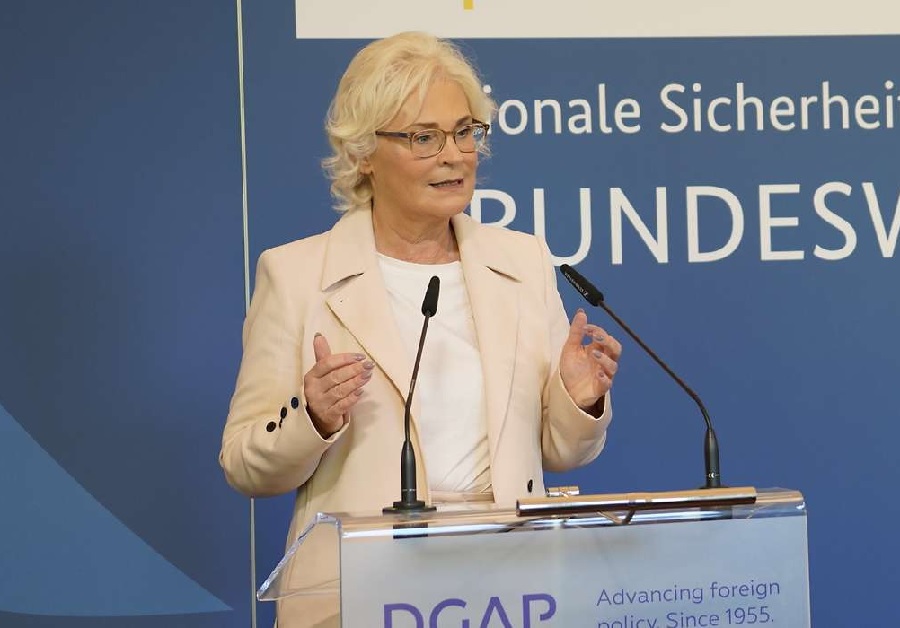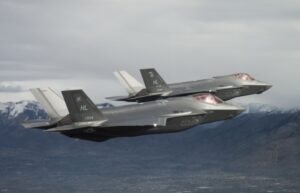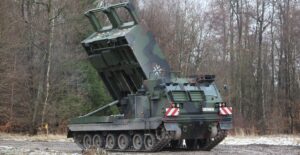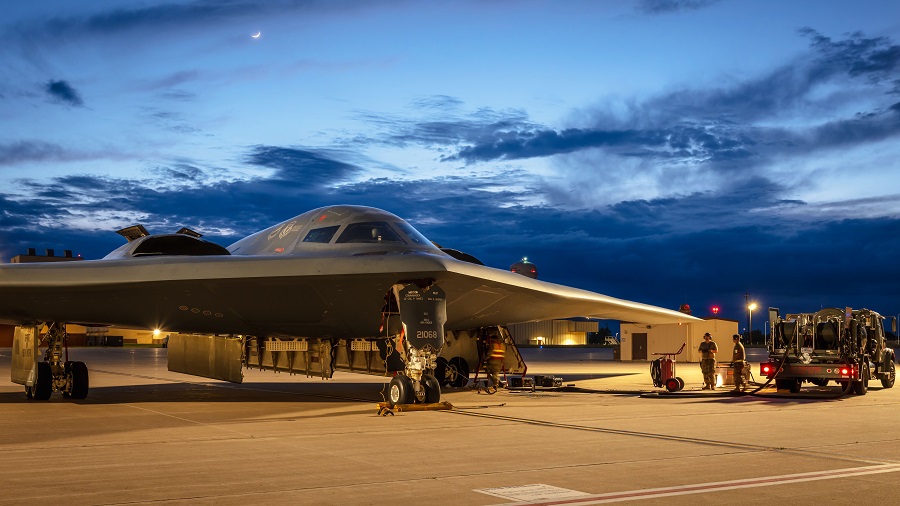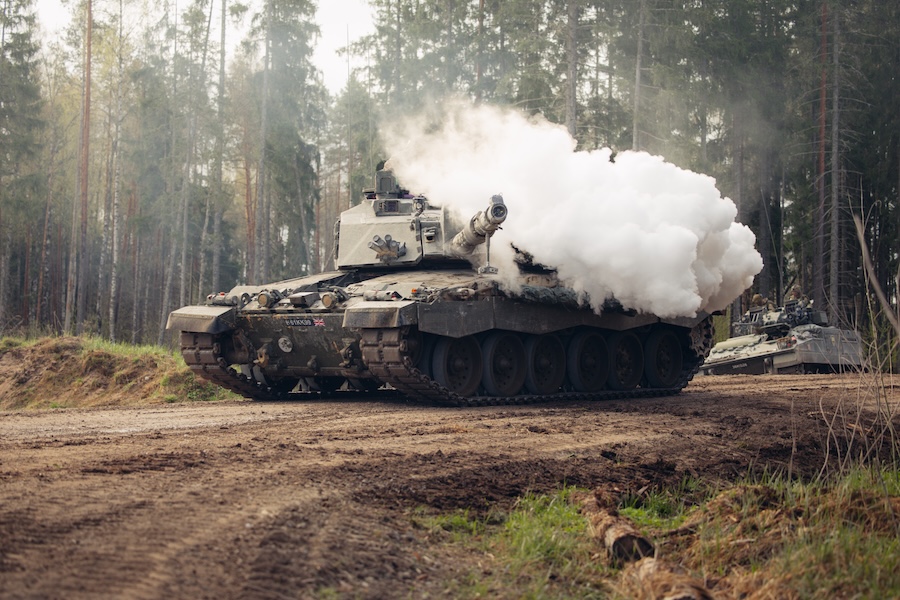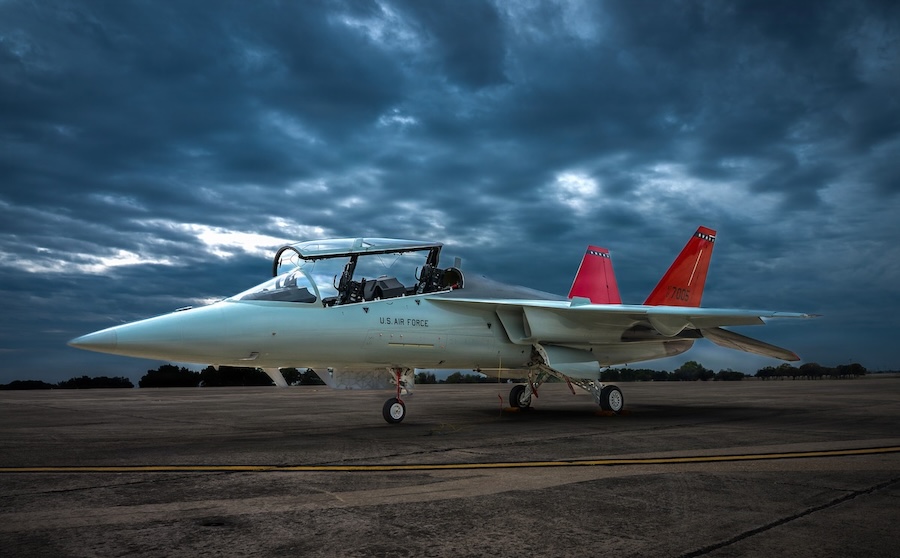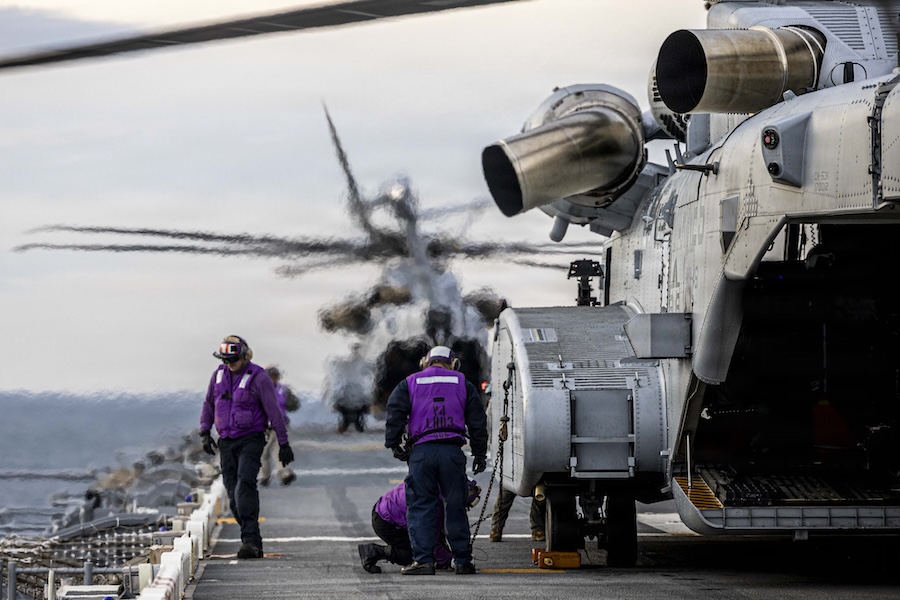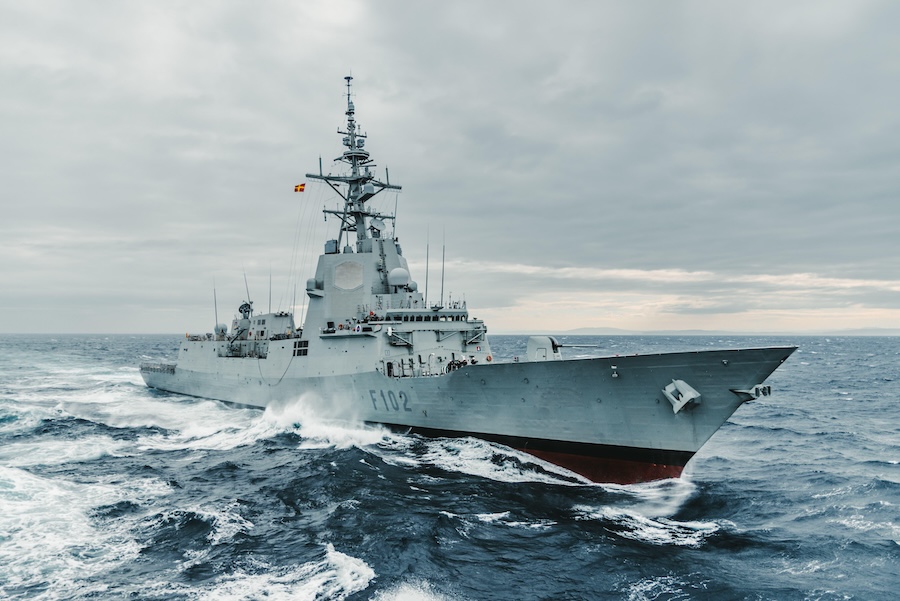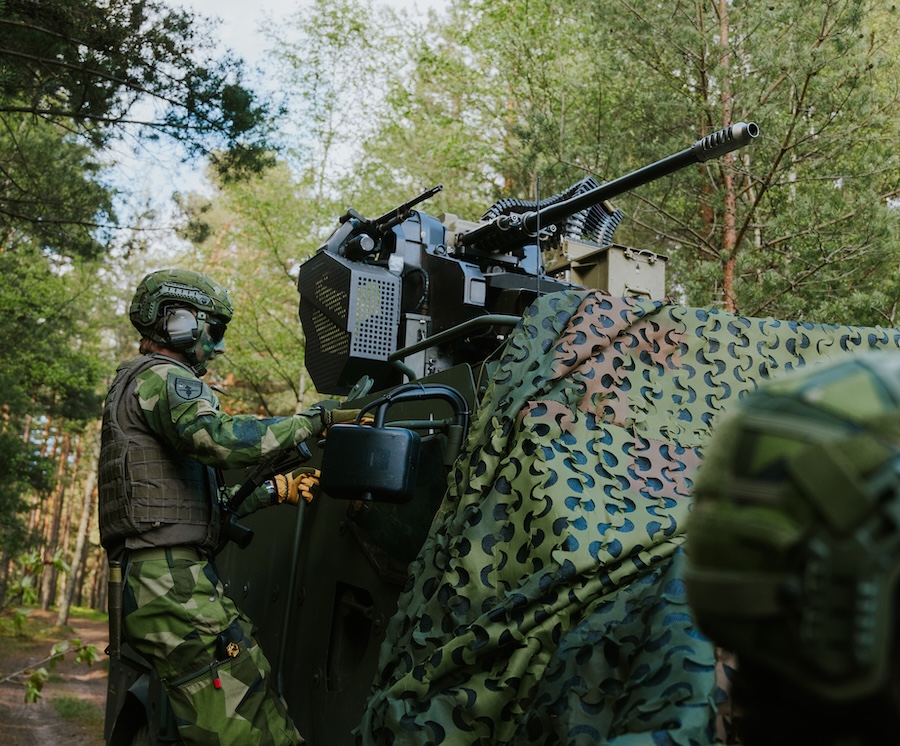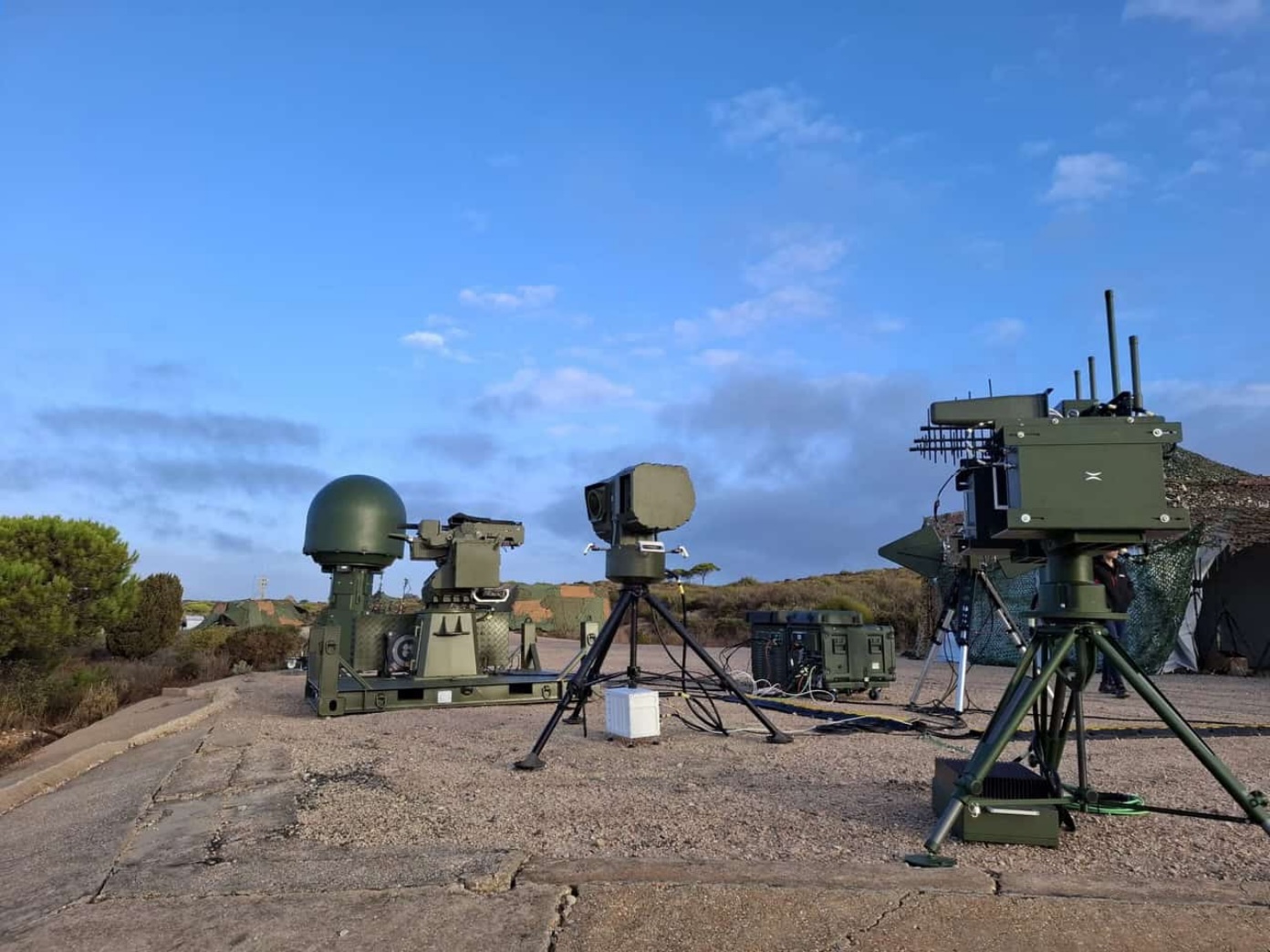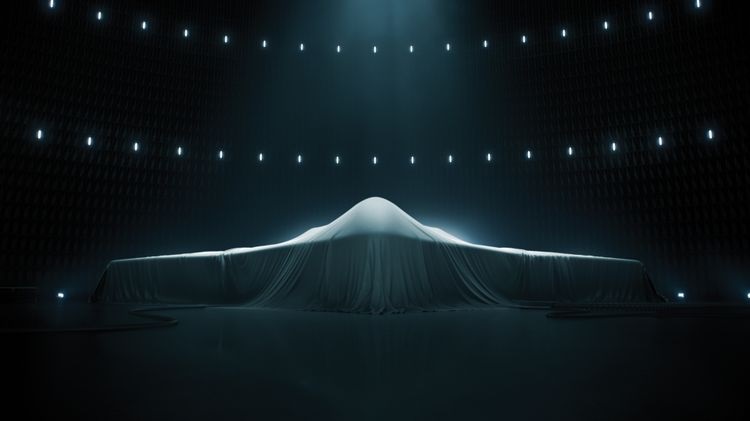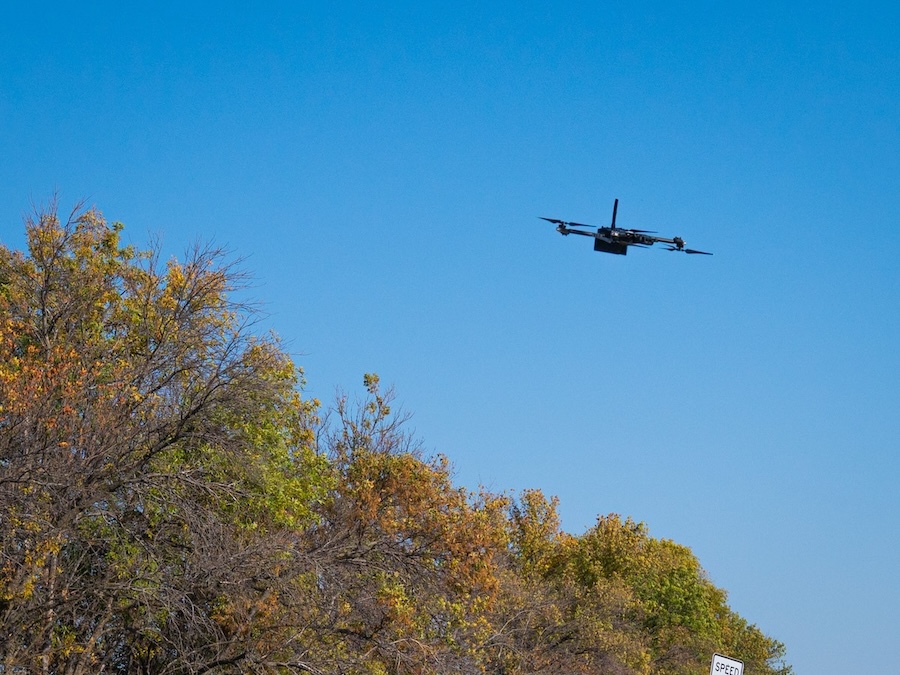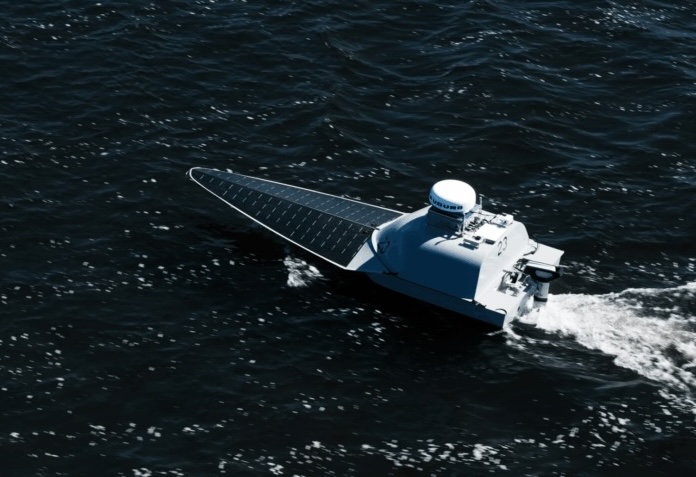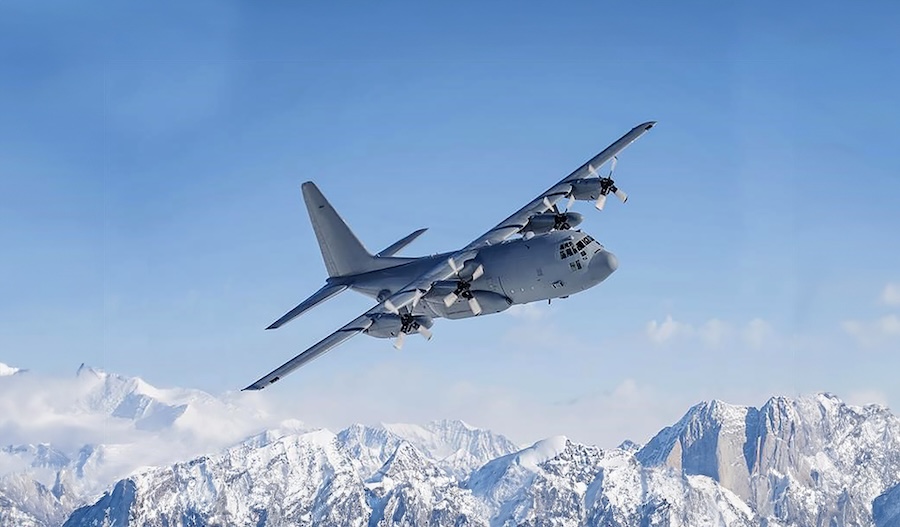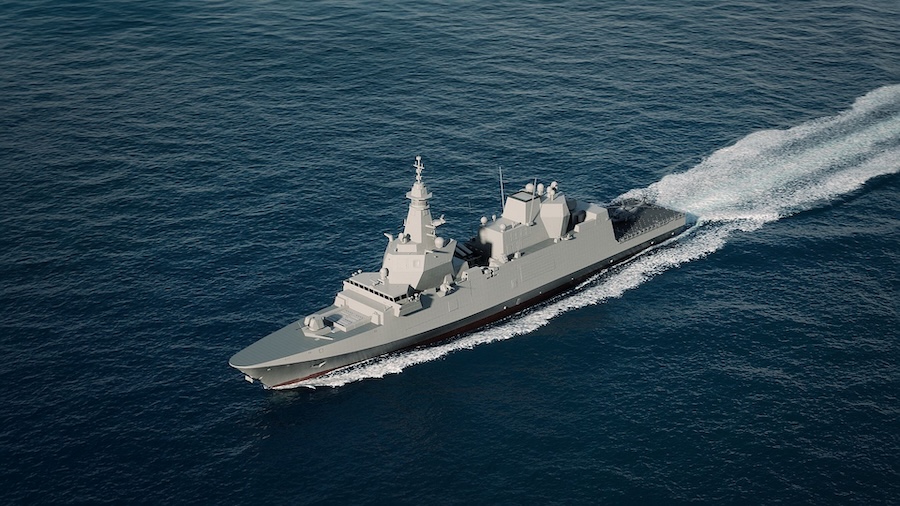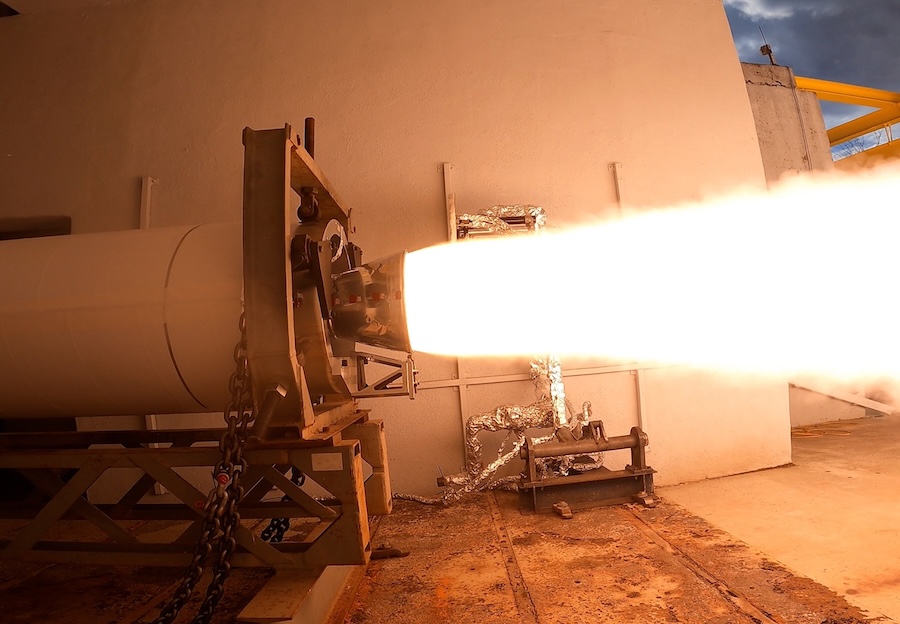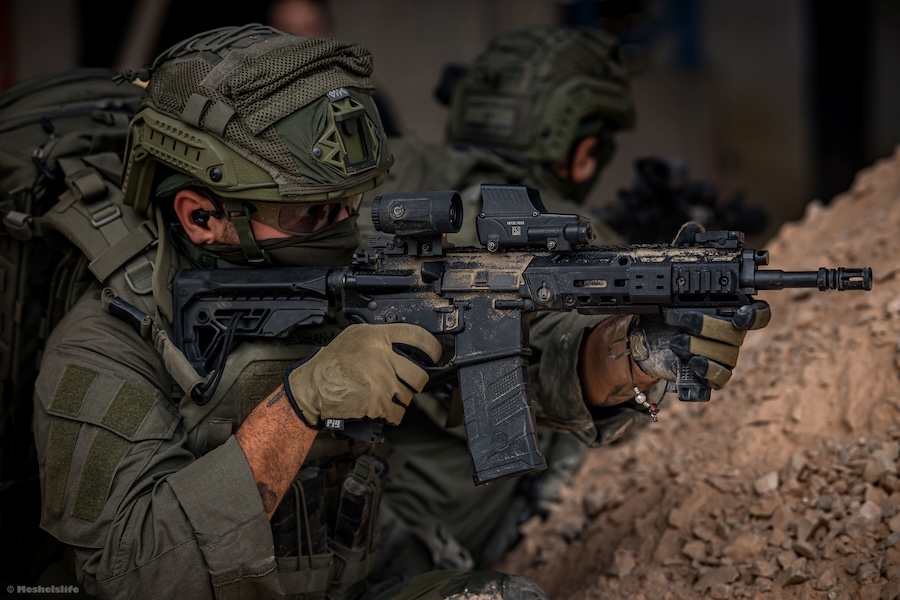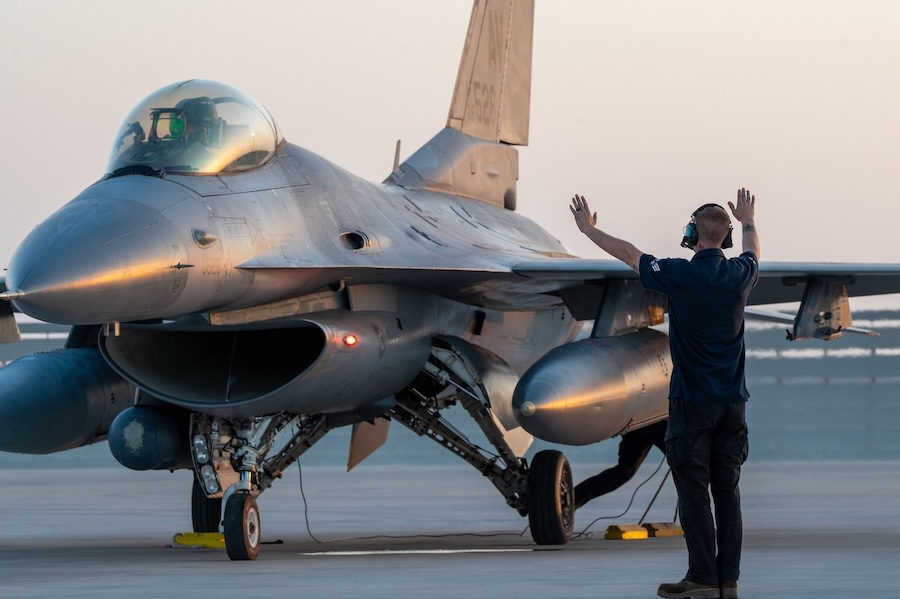According to Minister Christine Lambrecht, the promised €100 billion for re-arming the Bundeswehr is to be one of many contributing factors in rebuilding Germany’s military importance in Europe. In her words, the funding for the modernization of the army is to come from an agreement across party lines. Incidentally, she assessed that these funds are cover the exact sum the Bundeswehr needs, if it is to be ready long-term many years from now and if it is to match modern standards.
Investment in new areas of defence, such as cyber/energy security, is t provide another, though related instrument of change. A number of measures to be taken in the coming years will make the Bundeswehr once again a battle-ready army rather than, as Lambrecht put it, an anti-crisis response force. For the Bundeswehr is to be what Germany brings to the table in terms of security across Europe and the Atlantic region. In her view, Germany must become one of the largest suppliers of military power in NATO. As the Minister put it, the war in Ukraine is supposed to prove to all Germans that the country needs a powerful armed force. For the potential enemy – Russia – is determined to carry out acts of aggression, commit war crimes or resettlement. According to Lambrecht, due to the Russian threat, the Bundeswehr must become no longer just an expense item, but a priority institution for safeguarding security. In the context of possible support for the NATO allies, Lambrecht explicitly said that they must be able to rely on Germany, which should be a leading power – even if Germany itself does not necessarily want this – as it is conditioned by Germany’s location and economic strength. According to the German minister, the power in question – which is now only potential given the numerous problems of the Bundeswehr – comes with huge responsibility, including also because of the baggage of historical experience.
Germany’s National Security Strategy, which is currently being drafted, is expected to provide answers to a number of questions, such as: is the Bundeswehr really up to the task? Is Germany ready to fight, including in defence of its allies? Is Germany engagement under Article 5 of the North Atlantic Treaty on paper only, or is it a true and powerful commitment? The strategy is bound to contain references to Germany’s leading role in European security (a role that is far too narrow today, especially compared to Central and Eastern European governments, in relation to Germany’s potential in terms of its support for Ukraine and certain allies), including in the area of safeguarding the security of Germany and allied states. It is also supposed to include items such as an emphasis on the trust of allies, protection of lawful interests in a way that does not harm the interests of allies, etc. Interestingly, Germany’s political culture is to remain not military, but peaceful.
Moreover, according to Lambrecht, despite Germany’s announced leading role in European security, the guarantor of peace and security is the United States of America, and its nuclear umbrella will not be replaced by anything in the foreseeable future. This is a clear divergence from the position of France, among others, whose government has repeatedly declared readiness to use its own nuclear weapons in defence of allies and in retaliation for the use of nuclear weapons against them. Nevertheless, Germany is said to be ready to relieve the US in Europe.
The Bundeswehr itself, which is to remain an army with only conventional capabilities, is to be expanded. For example, the structure of the Land Forces (Heer) is to expand to three operational divisions, each made up of three brigades. Currently, the German Land Forces have three divisions, but one of them is the German-Dutch Rapid Response Division. The expansion is expected to take until the 2030s.
Policy Speech by Federal Minister of Defence on the National Security Strategy – read full version.


